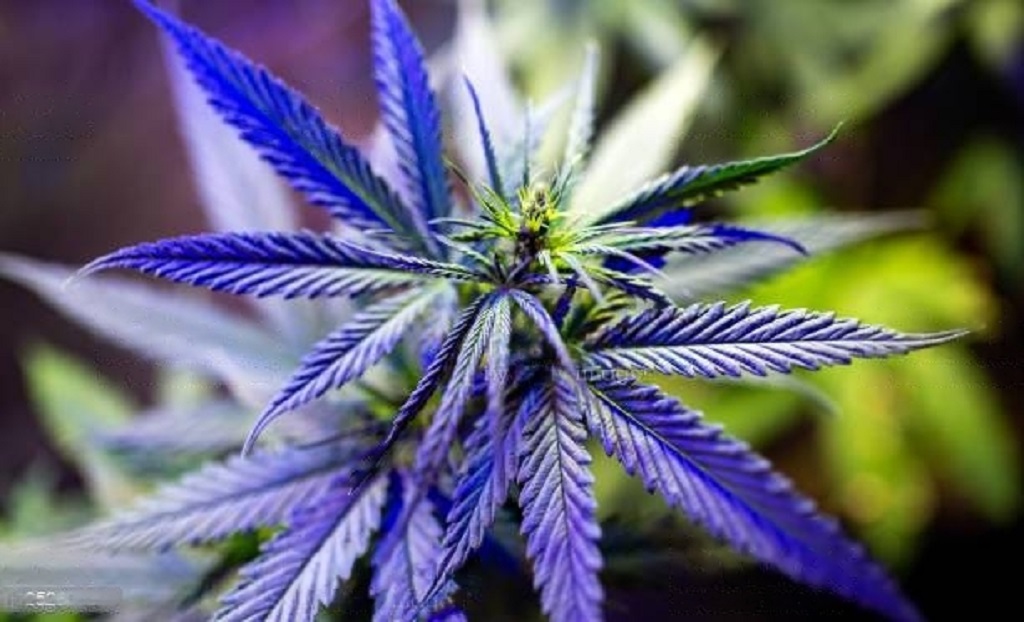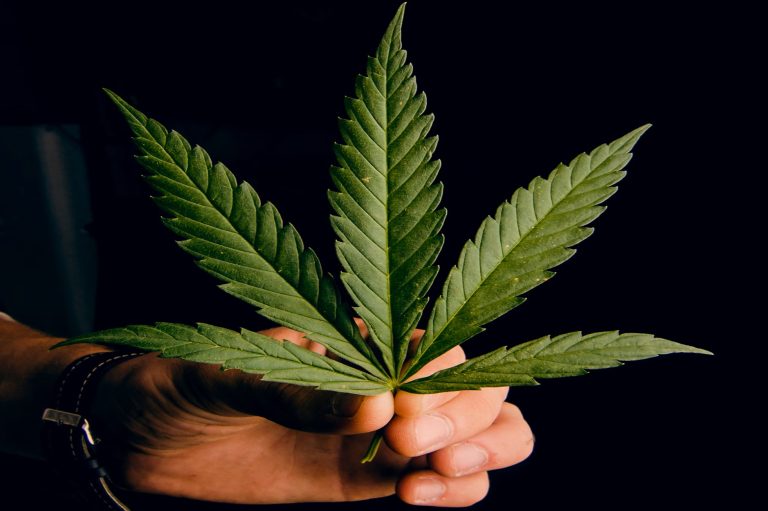
In recent years, the intersection of cannabis and sports has garnered increased attention, with athletes and researchers alike exploring the potential effects of marijuana on athletic performance. While cannabis has long been associated with relaxation and pain relief, its impact on physical and cognitive abilities during exercise remains a subject of debate. In this article, we delve into the complex relationship between marijuana use and athletic performance, examining the existing research and considerations for athletes.
The Physiology of Exercise and Cannabis:
Before delving into the effects of cannabis on athletic performance, it’s essential to understand how exercise impacts the body and how cannabis interacts with physiological processes. During exercise, the body undergoes various changes, including increased heart rate, blood flow, and oxygen consumption, as well as the release of endorphins and other neurotransmitters associated with mood and pain modulation.
Cannabis contains over 100 different cannabinoids, with tetrahydrocannabinol (THC) and cannabidiol (CBD) being the most well-known. THC is primarily responsible for the psychoactive effects of marijuana, while CBD has been studied for its potential therapeutic properties, including anti-inflammatory and analgesic effects.
Exploring the Effects of Cannabis on Athletic Performance:
- Pain Management: One of the most commonly cited reasons athletes use cannabis is for pain relief. THC’s analgesic properties can help alleviate discomfort associated with sports injuries, chronic pain conditions, and post-exercise soreness. By modulating pain perception and reducing inflammation, marijuana may enable athletes to train and compete more comfortably.
- Muscle Relaxation: Muscle tension and stiffness are common issues for athletes, particularly after intense training sessions or competitions. Cannabis, particularly strains high in CBD, may promote muscle relaxation and recovery by reducing muscle spasms, cramps, and inflammation. This could potentially aid in faster recovery and prevent overuse injuries.
- Anxiety and Stress Reduction: Competitive sports can be mentally demanding, often leading to performance anxiety and stress. Some athletes use cannabis as a means of relaxation and stress reduction, especially before competitions or during high-pressure situations. However, the effects of cannabis on anxiety can vary depending on individual factors and the specific strain consumed.
- Focus and Concentration: While cannabis is often associated with relaxation, its effects on cognitive function, including focus and concentration, are more nuanced. Some athletes report improved concentration and enhanced sensory perception when using cannabis, which could potentially benefit performance in sports requiring precision and attention to detail. However, excessive consumption or impairment of short-term memory and reaction time may hinder performance in dynamic and fast-paced sports.
Considerations for Athletes:
Despite the potential benefits of cannabis for athletic performance, several considerations should be taken into account by athletes and sports organizations:
- Legal and Regulatory Considerations: Cannabis laws vary between jurisdictions, and many sports organizations have strict anti-doping policies prohibiting the use of marijuana and other illicit substances. Athletes should be aware of the rules and regulations governing cannabis use in their sport and the potential consequences of violating anti-doping policies.
- Individual Response and Dosage: The effects of cannabis can vary widely depending on individual factors such as tolerance, metabolism, and consumption method. Athletes should exercise caution when using cannabis and consider how it may affect their physical and cognitive abilities during training and competition.
- Health and Safety: While cannabis may offer potential benefits for pain management and recovery, excessive or inappropriate use can pose risks to overall health and athletic performance. Athletes should prioritize responsible consumption and consult healthcare professionals for personalized advice and guidance.
Conclusion:
In conclusion, the relationship between cannabis use and athletic performance is complex and multifaceted. While some athletes may experience benefits such as pain relief, muscle relaxation, and stress reduction from cannabis, others may encounter adverse effects or legal and regulatory hurdles. As research continues to expand our understanding of cannabis Waterdown and its effects on the body, it is essential for athletes to weigh the potential risks and benefits of cannabis use carefully and make informed decisions that prioritize their health, safety, and athletic goals.


